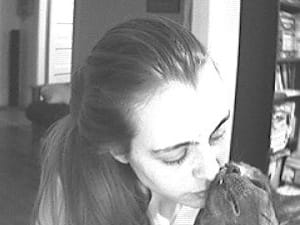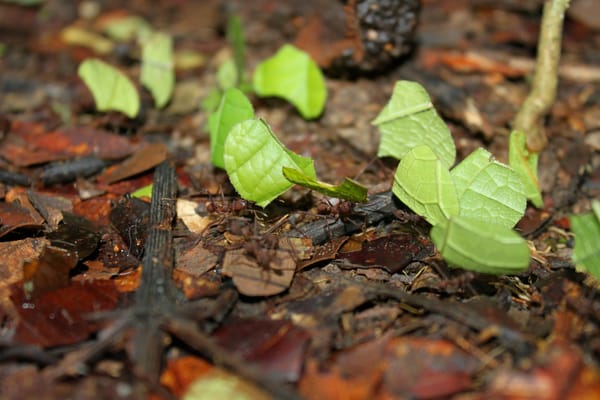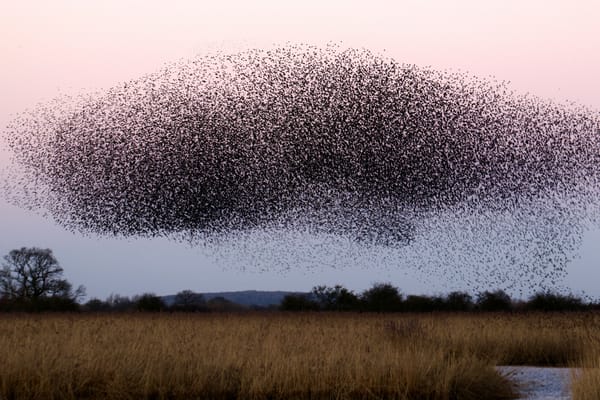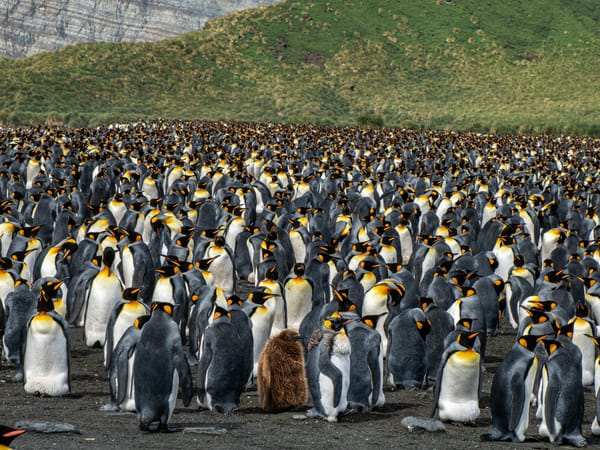A Necessary Grace
Learning to manage anger in the aftermath of abuse
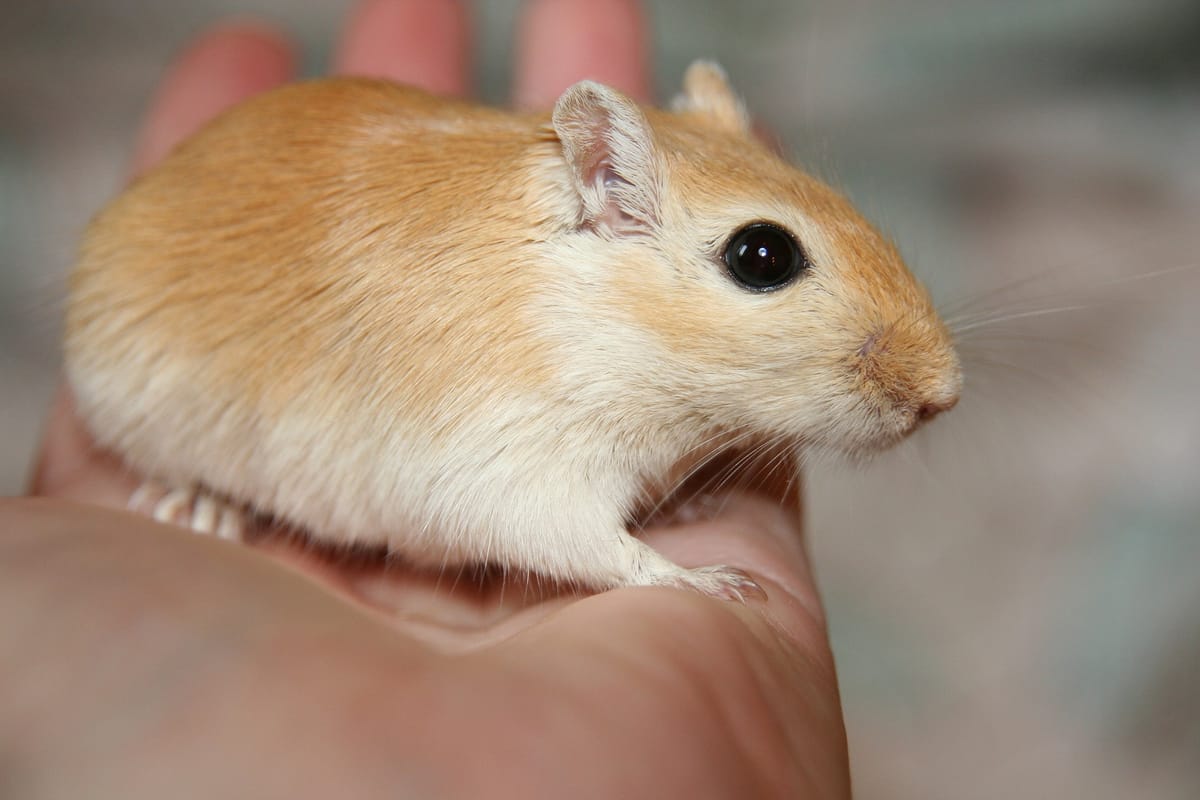
CW: child abuse, animal abuse, animal death
One of my earliest online essays, written when I was twenty-six, described two of my childhood experiences — something I did, and something done to me — and drew implicit parallels between the two. Like me at that age, it was both vivid and raw.
Now, with twice as many years to draw on, I’ve traded clear and immediate memory for a broader and more nuanced understanding. I can see where both of those events fit into a larger pattern.
This is both a rewrite of the original piece, and an extension of it. At heart, it is about the effects of prolonged child abuse, the subsequent struggle to transcend rather than perpetuate the cycle … and how one small cat made all the difference.
As a child, I had very little love for other people. Most humans in my experience were a source of discomfort; some, like my parents, were a wellspring of pain.
But I had a great love for animals, as far back as I can remember. Animals, I think, seemed safe to me in a way that humans, in their frequent cruelty, were not. I was the kind of child who empathized with insects; my adoration of bright-eyed, furry mammals felt bigger than the sky.
When I was thirteen, a girl in my neighborhood went on vacation for a week, and (to my astonishment, as this was very much out of character) my parents allowed me to bring home her two gerbils to care for while she was gone.
Their clear plastic cage sat on the dresser in the spare bedroom. Fascinated, I would sneak in and watch them at every opportunity — sometimes even take one out and hold it for a while, feeling the tiny claws scratching at my palm, petting the small furry head with one fingertip.
One night as I was gently holding one of the gerbils it suddenly turned and — without provocation — bit me, long rodent teeth sinking sharp into my finger.
In an instant, I went up in flames: shock and betrayal and fury. I expected undeserved pain from so many quarters, but not this one. In that moment, I wanted to hurt the thing that had hurt me. So I didn’t just drop the gerbil, I flung it violently away.
The gerbil slammed into the floor and twitched a little. And then, fearful of what I had done, I lifted it up as tenderly as I could. It lay in my cupped palm: tiny and fragile, limp and still.
I was horrified. I hadn’t meant to kill it. One uncontrolled moment, and no way to take it back.
I replaced the dead gerbil in the cage and pretended to have just discovered it there. No one questioned this, and I never told my parents, or the girl whose gerbils they were, what had really happened. It was my greatest secret shame, that I could be so cruel.
That deep down I was no better than my parents, who visited so much pain on one so small and helpless.
Among the many gigantic emotions that I recall my parents engendering — terror, despair, humiliation, misery — the complete lack of anything like anger is, in hindsight, conspicuous. I think I must have recognized very early in life that certain emotions were mortally unsafe, and so I transmuted my anger into anguish, my fury into fear.
It is tragic, but I think not coincidental, that when my fury and betrayal did surface it was against a creature so much smaller and more fragile than myself. It could not have been otherwise; I could only even experience rage in the absence of terror.
Throughout my childhood and teens, when I was sufficiently distressed, my crying would devolve into hyperventilation: giant, rapid, gasping sobs over which I had no control. For some reason this particularly enraged my mother; she always insisted that I was faking it, that I should stop and breathe normally. Each time I failed to comply she would hit me again, which only served to make me sob harder.
I could only even experience rage in the absence of terror.
Many thousands of nights — all run together now with no sense of order or time — ended with a punishment session that lasted for hours. When my mother was alone with me, she would beat me herself; if my father was home, my mother used him as the enforcer. So long as she was unhappy he would continue to hit me. One night the three of us stood in my bedroom, well into the session and no end in sight. I was in full meltdown, sobbing in that hysterical heaving sort of way; my mother told me to stop it, and of course I couldn’t. Then my father took over: he stepped forward and clamped his hand across my mouth, screaming at me to stop.
What he didn’t realize is that because I had been crying so much, my nose was completely stopped up. By covering my mouth, he was keeping me from breathing at all.
However much my father beat me, I never thought he intended to kill me. But that he might do so accidentally — oh, that was all too believable. I couldn’t breathe, and I couldn’t speak to tell him that I couldn’t breathe. He’s going to kill me, I thought, and he doesn’t even know it.
I was not a fighter, growing up. I would flinch; I would cower; when I couldn’t possibly help myself any longer I would run, even though I knew that would only make things worse. I would beg and plead for them to stop, but I never, ever fought back.
Except that one night, when — absolutely certain that I was moments from dying —I passed far beyond my typical terror, into some kind of primal panic that overrode everything else. I twisted and struggled and clawed desperately at his implacable hand, and through it all ran the thought: he’s going to kill me and he doesn’t even know it. The moment stretched; I grew more and more dizzy, still prying ineffectually at his fingers, until at last I blacked out.
What happened then has always seemed rather darkly ironic: as I passed out, I stopped struggling — probably went quite limp, in fact — and for the first and only time in my life, ceased my hyperventilate sobbing. I assume that my father then loosened his grip enough that my unconscious body could actually breathe again, thereby keeping me alive. When I came to, I was lying on the carpet; probably only a minute or two had passed.
I do not know if either of my parents ever realized how close they had come to murdering their only child.
It is so easy for me to imagine the almost-world where I didn’t take that one unconscious breath. Where my parents looked at my crumpled body on the floor and slowly realized that something was very wrong. My mother would scream accusations at my father, as she so often did over the bruises and welts that he inflicted under her manipulation and direction.
And my father would hold my small limp body in his arms and sob. I didn’t mean to kill her. I didn’t mean it. Oh god, I’m sorry, I didn’t mean it.
One uncontrolled moment, and no way to take it back.
The danger of becoming an abuser myself someday loomed large in my mind. By my late teens, I was already so worried that I would accidentally end up perpetuating some form of abuse on a hypothetical future child that I was strongly inclined to just never have children, period. My experience with children was very mixed anyway; I never saw the allure of babies or toddlers, and among older children I only tended to emotionally bond with the gentle, quiet, thoughtful ones. I strongly doubted that I would ever want to have children of my own.
But as a backstop, in case of some future circumstance I couldn’t predict, I made for myself an inviolable rule: I would never raise children without at least two other parents who could serve as checks against any missteps I might make.
It was a flaw in my teenage thinking that I was not more worried about how I might treat my future pets. I’m not sure why — the example of the gerbil was right there. Maybe it’s because I still loved animals more than people, and I naively assumed that I wouldn’t be in danger of hurting someone I truly loved.
At any rate, at the very first logistically possible moment in my young adulthood, I got a pet of my own. I was nineteen, living entirely by myself for the first time, and he was an eight-week-old grey kitten with gigantic ears. In a stroke of pure luck, Misha turned out to be a soulmate, a true love of my life; to this day, the only comparable bond I’ve ever had is with my current spouse of more than twenty years.
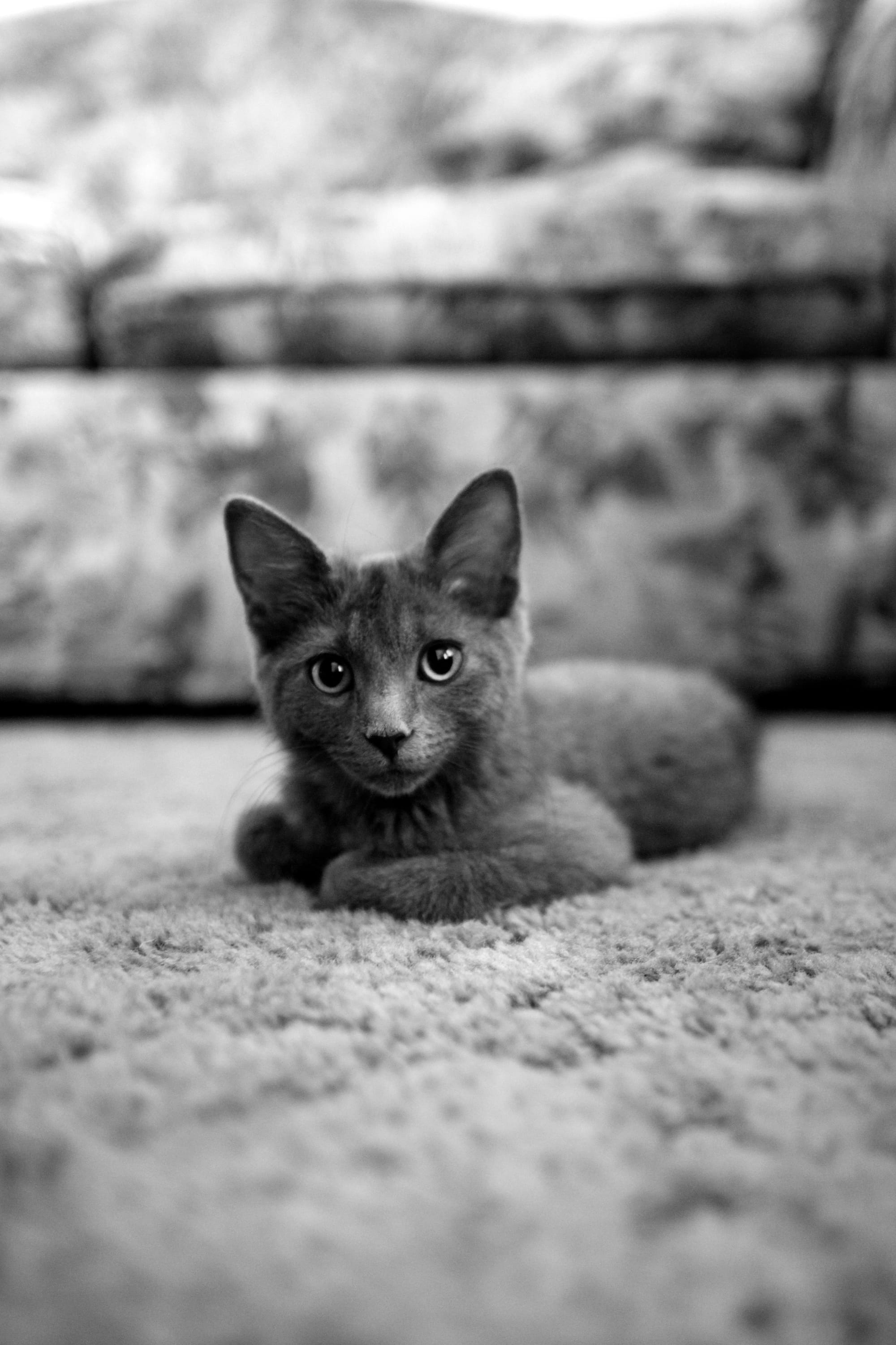
Alas, I did not come to Misha in a state of mental health. Seventeen years of relentless abuse had shaped me in countless ways, some of which took me years or decades to even perceive, much less compensate for.
I can see now that at nineteen, I was still working from the as-yet-unexamined authoritarian premise I’d been raised under: that any being in my care, pet or child, owed me strict obedience. I also was so deeply wounded and insecure that I took even the smallest inflicted hurt very personally. I could not interpret a kitten’s bite as innocently playful, much less as justifiable boundary-setting; I only saw defiance and domination and deep betrayal.
At the same time, the longer I was out from under my parents’ thumbs, the more often the anger that I’d been unconsciously suppressing for most of my life began to surface. And I had no idea how to handle it. I had no model for, or experience with, the kind of conscious self-control that admits to anger but stops short of acting on it.
From the beginning, Misha had a surprising ability to disarm my wrath. The very first time I ever yelled at him, he not only instantly stopped what he was doing but — with every line of his little body proclaiming remorse — crept toward me where I was sitting on the floor, crawled directly into my lap, and began purring. My ire vanished like fog in sunshine.
It wasn’t that easy every time, though, and I am sorry to say that — despite both my enormous love for Misha and the absolute driving priority of Not Being Like My Parents — I was not always good to my first, best-beloved cat. I must have yelled at him fairly often, in the beginning. And on three different occasions, I physically hurt him.
I know very little else now beyond that bare fact: that three times I became violent in my anger. I lost those details long ago; I was so ashamed afterward, and experienced so much cognitive dissonance between the kind of person I wanted to be — wanted to believe that I was — and the reality of what I had done, that I actually made up less-damning stories about each event. One of those violent moments resulted in permanent damage: a broken upper fang. I used to tell myself, and other people, that Misha had run into the side of the bathtub during a game of chase. The bathtub was involved, I remember that much, but I no longer know the exact truth, only that it was something less innocent.
That his hurt was my fault: one uncontrolled moment that I desperately wished I could take back.
All three of those lapses occurred in the first year of Misha’s life. It took me that many tries to figure out how to consistently keep control of my actions when I felt rage and hurt but not terror. (It took many, many more years to become healthy enough that I stopped feeling so personally attacked all the time … but at least in the interim I never again lashed out at Misha or any other animal, even when provoked.)
A whole decade later — when Misha was eleven, and I was on the cusp of thirty-one — I fell in love with a long-distance friend who had a wife and two young daughters. All three adults were polyamorous, and as our relationship became more serious — as Jak and his family first moved to my city, and then invited me to live in the same house — my old rule of ‘only raise children with two other people’ became surprisingly relevant.
For most of the first year my role was a safe one, somewhere between babysitter and aunt: I made no decisions or rules for the kids on my own, and only enforced their parents’ rules in the ways their parents modeled.
But then the three-way relationship, which had never been truly stable, began to completely shake apart. I had feared this from the beginning, knowing from experience that I, as the newcomer, would be sacrificed in order to protect the pre-existing dyad.
To my amazement, that was not how it played out, and I soon found myself in a classic ‘stepmother’ position: living with a single partner and (half-time) with his prior children. I tried at first to maintain my non-parental status, but quickly discovered that was no longer a functional option. There was a void in this new dynamic, and I could either fill it, or I could move out.
Those were my choices at thirty-three: break the rule I’d made for myself and try to co-parent with only one partner, or walk away from what was hands-down the healthiest, most promising long-term relationship I’d ever had.
I broke my rule. And without at all downplaying the difficulty of what followed — step-parenting was by far the hardest thing I’ve ever done, and I don’t claim to have done it perfectly — I ended up surprising myself. Regardless of my own emotional state, I kept my temper toward both of the kids fully leashed, without fail, through toddlerhood and teenagerhood and everything in between. I never once lashed out at either of them, with hands or words.
I successfully broke the cycle, and I have a cat to thank.
Learning to control one’s actions in the face of overwhelming anger is a normal, non-instantaneous process for all human beings.
What I eventually came to understand is that learning to control one’s actions in the face of overwhelming anger is a normal, non-instantaneous process for all human beings. Some children find this an easier and quicker lesson than others, but every small child needs a grace period: a time in which they can handle their own anger imperfectly without being forced to bear the maximum consequences of screwing it up. Children need to be able to lash out at their caregivers without losing their love and support, and certainly without being harmed in retaliation.
Because it was not safe for me as a child to even feel anger, I never had the space to learn how to do so safely. Yet my parents’ cruelty also left me primed, as a young adult, both to feel too many things as attacks, and to respond to attacks by lashing out. It was the worst possible combination.
I’ve come a long way since the days when a pet’s bite would send me into a blinding fury — and a good thing, because two of my current cats are extremely bitey. Gracie in the right mood is the most affectionate cat you’ll ever meet, but she is highly sensitive and her reaction to any kind of perceived threat (including fur brushing and eye contact) is full-on I WILL FITE YOU; she strikes like a coiled viper. Rikki is strangely both the most skittish, easily-frightened cat I’ve ever had (I once stepped on his tail by accident, barefoot, and it took two days for him to stop running away from me) and also the most eager for boisterous, no-holds-barred roughhousing.
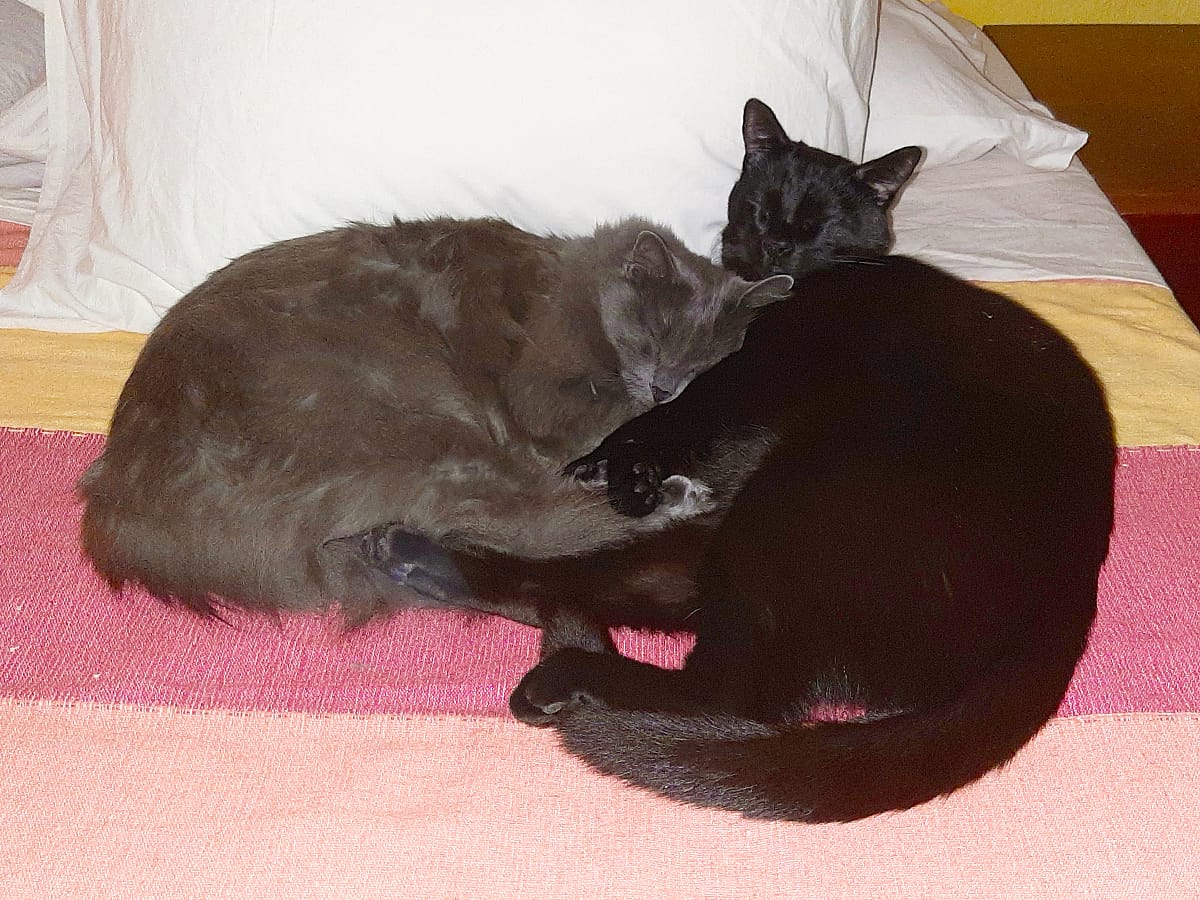
I can accept all of this now with amused, affectionate aplomb. Today I can be the grace-bestowing parent instead of the wounded, uncontrolled child. But oh, how disastrous these personalities would have been when I was nineteen! Either one would have devolved into a vicious cycle — Rikki of fear, Gracie of hate — and it would have been traumatic for everyone.
I was so, so goddamned lucky in my first cat: Misha had every reason to react to my lapses in control with fear or hate, but somehow he continued to love me while I learned to do better.
That was his extraordinary gift to me: that necessary grace I should have had as a child and never did. And because of him, I was able to give that grace to my stepdaughters in their turn.
Every small child needs a grace period: a time in which they can handle their own anger imperfectly without being forced to bear the maximum consequences.
Misha remained utterly devoted to me for just under fifteen years, until his very last breath. For fourteen of those years, I think — I hope — that I was worthy of that devotion, though I will never stop regretting the hurt I did him in the beginning.
And I will be grateful for that gift of belated grace until the end of my days.
